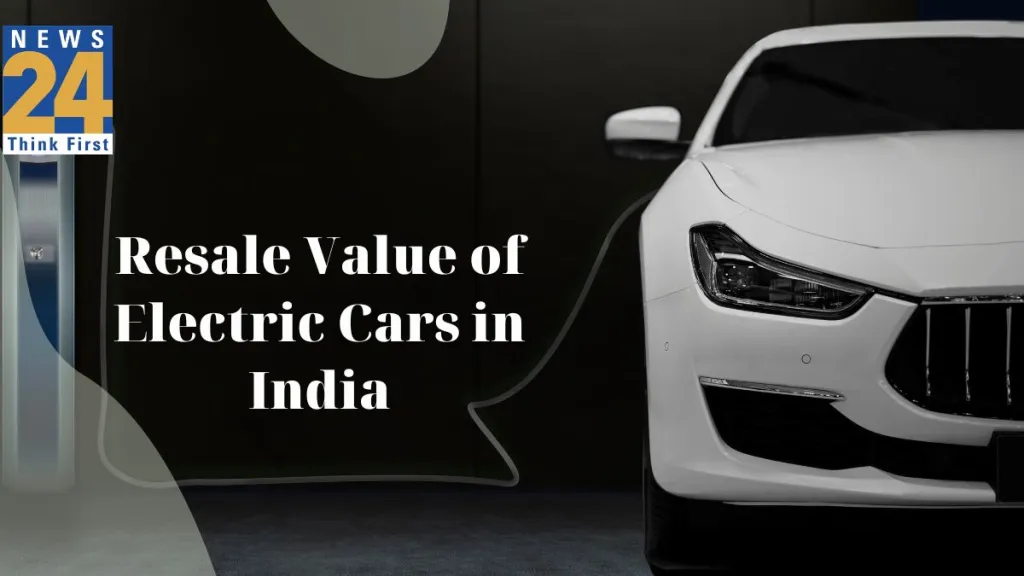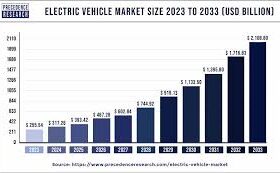Electric car resale value is a critical consideration for prospective buyers and current owners alike. Several factors influence how well an electric vehicle (EV) retains its value over time. One key determinant is the vehicle’s battery technology and longevity, as batteries degrade with use and affect the car’s overall performance and range. Market demand and availability of newer models also play crucial roles, influencing depreciation rates. Additionally, government incentives and subsidies for EVs, as well as advancements in charging infrastructure, can impact resale value. Staying informed about these factors helps consumers make informed decisions about purchasing and selling electric cars, ensuring they maximize their investment in sustainable transportation.

Electric car resale value is a topic of increasing significance in today’s automotive market, driven by the rapid adoption of electric vehicles (EVs) and the evolving landscape of sustainable transportation. The concept of resale value refers to the monetary worth a vehicle retains after years of use, making it a crucial consideration for both buyers and sellers. As the automotive industry transitions towards electrification, understanding the factors influencing electric car resale value becomes paramount.
One of the primary factors affecting electric car resale value is the state of the vehicle’s battery technology. Batteries are integral to the performance and range of an electric vehicle, but they also undergo degradation over time. This degradation is often cited as a concern for potential buyers, as it directly impacts the driving range and efficiency of the EV. Modern advancements in battery technology have significantly improved durability and longevity, but perceptions around battery life still affect resale value. Manufacturers like Tesla and others have been at the forefront of battery innovation, aiming to enhance not only performance but also the long-term reliability of their vehicles.
Market demand and consumer perception also heavily influence electric car resale value. As more consumers embrace electric vehicles for their environmental benefits and lower operating costs, demand for used electric cars has been steadily increasing. However, the resale value can fluctuate based on factors such as the availability of newer models with improved features or longer ranges. Early adopters of electric vehicles may face higher depreciation rates as newer, more advanced models enter the market, offering better technology and longer driving ranges.
Government incentives and subsidies further complicate the equation of electric car resale value. Many countries and regions offer financial incentives to encourage the adoption of electric vehicles, such as tax credits, rebates, or subsidies for purchasing new EVs. These incentives can influence both the initial purchase price and the subsequent resale value of electric cars. Changes in government policy regarding electric vehicles can also impact resale value, as shifts in incentives or regulations may affect market demand and consumer behavior.
The infrastructure supporting electric vehicles, particularly charging infrastructure, is another critical factor affecting resale value. The availability and accessibility of charging stations influence the practicality and convenience of owning an electric car. Areas with well-developed charging networks tend to support higher resale values for EVs, as they offer reassurance to potential buyers about the ease of recharging their vehicles. Investments in expanding charging infrastructure are essential for enhancing the overall appeal and marketability of electric cars.
Consumer education and awareness play a vital role in shaping perceptions of electric car resale value. As more information becomes available about the long-term costs and benefits of owning an electric vehicle, consumers are better equipped to make informed decisions. Factors such as maintenance costs, insurance rates, and overall reliability contribute to the perceived value of electric cars in the secondary market. Manufacturers and dealerships often provide educational resources to help consumers understand the unique aspects of owning and selling electric vehicles.
In the context of a rapidly evolving automotive industry, predicting electric car resale value can be challenging. However, trends indicate a growing interest in electric vehicles driven by environmental concerns, technological advancements, and shifting consumer preferences. Automakers continue to innovate with new models featuring longer ranges, faster charging times, and enhanced driver assistance technologies, which can positively impact resale values over time.
Ultimately, electric car resale value reflects not only the intrinsic qualities of the vehicle itself but also broader market dynamics and societal trends. As the transition to electric mobility accelerates, understanding the nuances of resale value becomes essential for stakeholders across the automotive ecosystem. Whether buying, selling, or simply evaluating the feasibility of electric vehicles, staying informed about factors influencing resale value ensures that individuals and businesses can navigate the evolving landscape of sustainable transportation effectively.


















Thanks for sharing. I read many of your blog posts, cool, your blog is very good.
Your article helped me a lot, is there any more related content? Thanks!